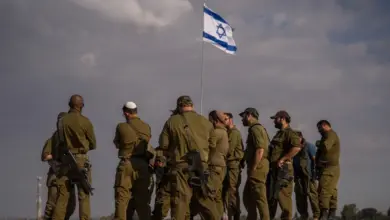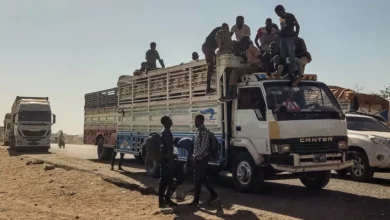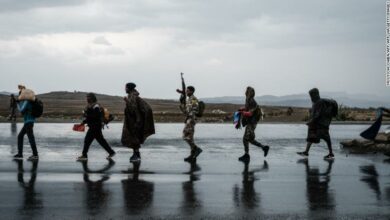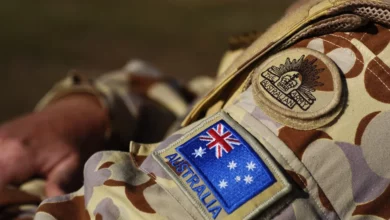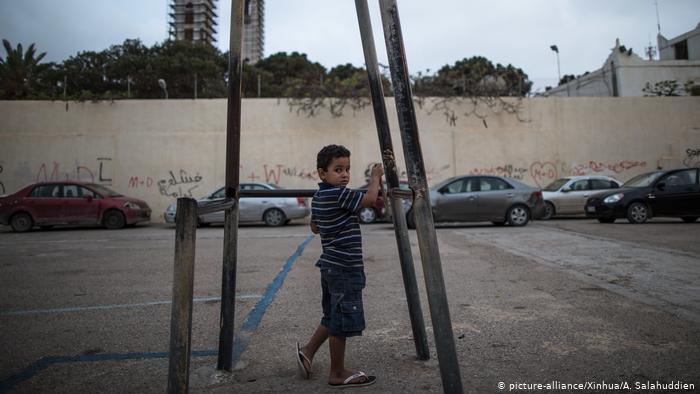
Gunmen in Libya deliberately cut off the main water pipeline to Libya’s besieged capital Tripoli, potentially affecting some 2 million people the United Nations said on Monday.
Libya’s internationally recognized government blamed the blockage on forces loyal to Khalifa Haftar, which have been trying to capture Tripoli.
Blockage may be a war crime
UN Humanitarian Coordinator Maria Ribeiro said that “attacks against civilian infrastructure that are essential for the survival of the civilian population may be considered war crimes.”
The gunmen raided a station of the Great Man-Made River Project, a pipe network supplying ground water from the Sahara, the company said.
The gunmen then forced employees to turn off the pipes at the installation 400 kilometers (250 miles) south of Tripoli.
Read more: Libya’s battle for Tripoli — what you need to know
Water pressure low
The pipeline is one of former dictator Muammar Gaddafi’s few development projects and it has suffered attacks in the past, with households taking up to two days to notice water shortages in the coastal city of 2.5 million people.
UN spokesman Stephane Dujarric told the Associated Press news agency that UN humanitarian officials were deeply concerned over the reported water cutoff.
He said some Tripoli districts are already experiencing low water pressure, “and it is expected that the full impact will be felt in the coming two days unless the valves are reopened.”
Haftar seeks Tripoli
The eastern forces of Haftar’s Libya National Army (LNA) launched an assault on Tripoli in early April and have been stuck in the southern suburbs due to resistance from fighters loyal to the UN-backed government of Prime Minister Fayez al-Serraj.
The Tripoli government blamed the blockage on a group that cut the water supplies in 2017, saying its commander, Khalifa Ehnaish, belonged to Haftar’s forces. The LNA denied those claims and Reuters news agency could not reach Ehnaish.
“Considering this was a closure of the valves in an LNA-controlled area, the complicity of Ehnaish with the LNA in orchestrating this cannot be discounted,” said Emad Badi, a non-resident scholar with the Middle East Institute.
Hundreds killed
Fighting in the battle for Tripoli has killed at least 510 people, forced 75,000 out of their homes, trapped thousands of migrants in detention centers, and destroyed some southern suburbs.
It has also forced the closure of schools, divided families on different sides of the front line, and caused power outages.
The conflict is one of the most serious flare-ups in years of turmoil since the 2011 toppling of Gaddafi, and has sharpened Gulf divisions over Libya.
law/aw (AP, Reuters)

